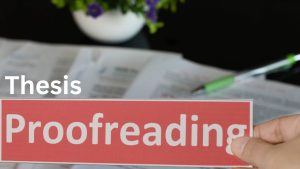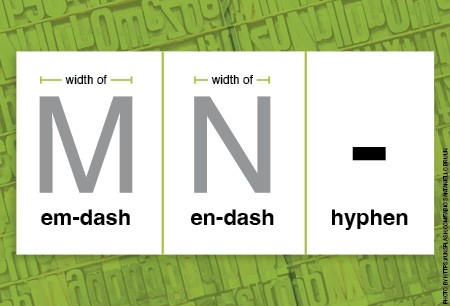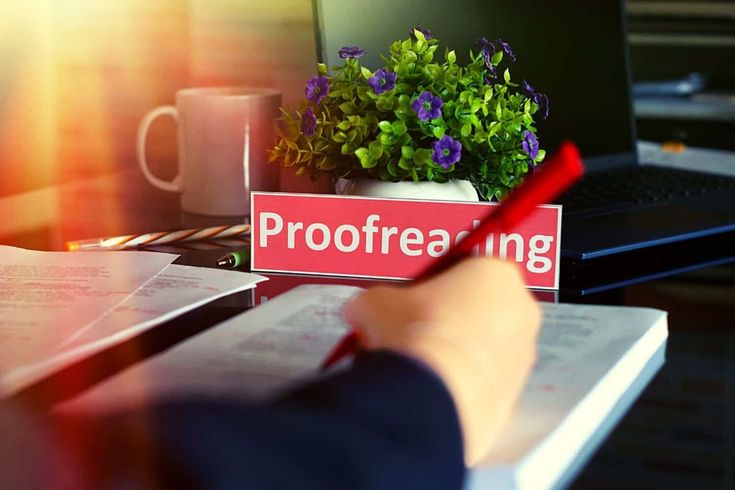Are you a graduate student working on your thesis? Are you looking for ways to improve the quality of your writing and ensure that your thesis is well-polished and error-free? Thesis proofreading is an essential step in the writing process that can help you achieve a high level of excellence in your academic work. In this article, we will explore some of the best tips and strategies for proofreading your thesis effectively.
Understanding the Importance of thesis proofreading
Proofreading is the process of carefully reviewing your writing to identify and correct errors in grammar, spelling, punctuation, and style. Proofreading is a crucial step in the writing process for several reasons. First, it helps to ensure that your writing is clear and easy to understand, which is essential for effective communication. Second, proofreading helps to catch errors that could undermine your credibility as a writer or scholar. Finally, proofreading is essential for ensuring that your thesis meets the high standards of academic writing.
1. Creating a Proofreading Checklist
One of the best ways to ensure that you catch all of the errors in your writing is to create a proofreading checklist. This checklist should include a list of common errors that you want to check for, such as:
- Spelling errors
- Grammar errors
- Punctuation errors
- Inconsistencies in formatting or style
- Typos
By creating a checklist, you can methodically review your writing to ensure that you catch all of the errors that could undermine the quality of your thesis.

2. Taking a Break Before Proofreading
Another useful tip for effective thesis proofreading is to take a break before you begin the process. This break allows you to step away from your writing and come back with a fresh perspective and check our service. Taking a break can help you to spot errors that you might have missed if you had immediately started proofreading.
3. Reading Your Thesis Aloud
One of the most effective proofreading strategies is to read your writing aloud. This technique can help you to catch errors that you might not notice when reading silently. Reading aloud also helps you to identify awkward phrasing or sentences that could be reworded to improve clarity.
4. Using Grammar and Spell Check Tools
While proofreading your thesis manually is essential, it is also helpful to use grammar and spell check tools to catch errors that you might have missed. These tools can help to identify common errors and provide suggestions for correcting them. However, it’s important to remember that these tools are not foolproof, and you should still manually review your writing to ensure that it meets your standards.

5. Getting Feedback from Others
Another useful tip for effective thesis proofreading is to get feedback from others. This feedback can come from your advisor, peers, or professional editors. Getting feedback from others can help you to identify areas of your writing that need improvement and provide valuable insights into how to improve the quality of your thesis.
Conclusion
Effective thesis proofreading is a crucial step in the writing process that can help you achieve academic success. By following these tips and strategies, you can ensure that your writing is well-polished and error-free. Remember to take a break before proofreading, create a proofreading checklist, read your thesis aloud, use grammar and spell check tools, and get feedback from others. With these techniques, you can produce a high-quality thesis that meets the rigorous standards of academic writing
FAQs
Thesis proofreading is the process of carefully reviewing your writing to identify and correct errors in grammar, spelling, punctuation, and style.
Proofreading is important for academic writing because it helps to ensure that your writing is clear and easy to understand, catches errors that could undermine your credibility, and meets the high standards of academic writing.
Your proofreading checklist should include a list of common errors to check for, such as spelling errors, grammar errors, punctuation errors, inconsistencies in formatting or style, and typos.
Reading your thesis aloud can help you to catch errors that you might not notice when reading silently. It also helps you to identify awkward phrasing or sentences that could be reworded to improve clarity.
While grammar and spell check tools are helpful, they are not foolproof. It’s important to manually review your writing to ensure that it meets your standards.












